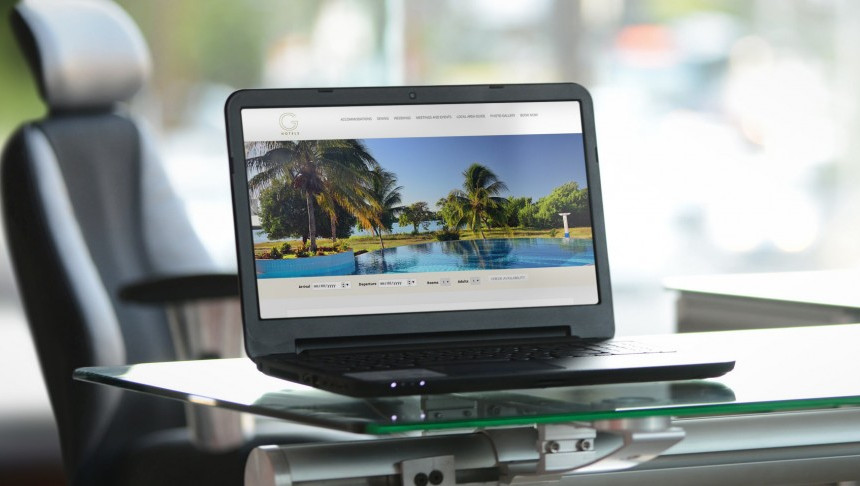In today’s digital age, an online presence is crucial for businesses across industries, including the hospitality sector.
NB: This is an article from Cendyn, one of our Expert Partners
A well-designed website can be a powerful tool to attract, engage, and retain customers. However, it’s not just about having a website; it’s about optimizing every aspect to provide the best user experience.
Subscribe to our weekly newsletter and stay up to date
One often overlooked yet vital aspect is URL customization, particularly in avoiding the confusion of having your website’s “www” and non-“www” versions appear in search engine listings.
Understanding the dilemma: The “www” vs. non-“www” issue
You might have noticed that some websites display as “www.example.com,“ while others show as “example.com“ in the browser‘s address bar. This variation arises from how the domain name is configured. The “www“ stands for “World Wide Web,“ a legacy from the early days of the internet. However, as the internet evolved, accessing websites without the “www“ prefix became possible. This has led to a common problem: having both versions accessible and indexed by search engines.
Imagine you are running a charming hotel named “Hotel Origami”. Therefore, your website can be accessed using both www.hotelorigami.com and hotelorigami.com. If both versions are not properly managed, search engines might index them separately, which can lead to SEO issues, diluted web traffic, and inconsistent user experiences.
The role of URL customization in hospitality
URL customization involves choosing a preferred version of your website’s URL structure and ensuring that all other variations redirect to it. In this case, deciding whether to use “www.hotelorigami.com” or “hotelorigami.com” as the canonical version is essential. Here’s how URL customization can benefit businesses in the hospitality industry:
- Enhanced user experience: A consistent URL structure simplifies the user experience. Guests can type the URL without worrying about adding or omitting “www.” This consistency fosters trust and ease of navigation, which are critical for hospitality businesses aiming to provide a seamless online experience mirroring the real-world hospitality they offer.
- Improved SEO: Search engines aim to provide users with the most relevant and valuable results. When there are multiple versions of your website indexed, it can confuse search engines, impacting your SEO rankings. Choosing a preferred URL structure and setting up redirects will consolidate your website’s authority and prevent any dilution of SEO efforts.
- Clear brand identity: A unified URL reinforces your brand identity. Consistency in your web address mirrors your commitment to quality and attention to detail, which are vital in the hospitality industry.
- Efficient marketing: When you share your website link in marketing materials, social media, and partnerships, a consistent URL eliminates user guesswork. They won’t need to wonder whether they should include “www” or not, making your calls to action more effective.
Implementing URL customization: 5 best practices
- Choose your preferred version: Decide whether you want the “www” version or the non-“www” version as your primary URL. Consider your brand’s image, user preferences, and industry norms.
- Set up 301 redirects: Regardless of your choice, set up 301 permanent redirects for the non-canonical version to point to the preferred version. This tells search engines that your chosen version is the correct and authoritative one.
- Update internal links: Ensure that all internal links point to the preferred URL version within your website. This maintains a seamless user experience and prevents confusion.
- Use canonical tags: Implement canonical tags in your website’s HTML code to indicate the preferred version to search engines. This is an additional measure to ensure the right version is indexed.
- Monitor and maintain: Regularly check for any anomalies in URL behavior and promptly address any issues. As your website evolves, you may need to adjust your URL customization strategy accordingly.
URL customization might seem like a minor technical detail, but it can have a significant impact on your hospitality business’s online success. By choosing a consistent URL structure, setting up redirects, and maintaining a coherent online presence, you provide a seamless and trustworthy experience for your guests. In an industry where every detail matters, URL customization is an essential step toward creating a memorable and delightful online journey that mirrors the excellence you offer in person.





